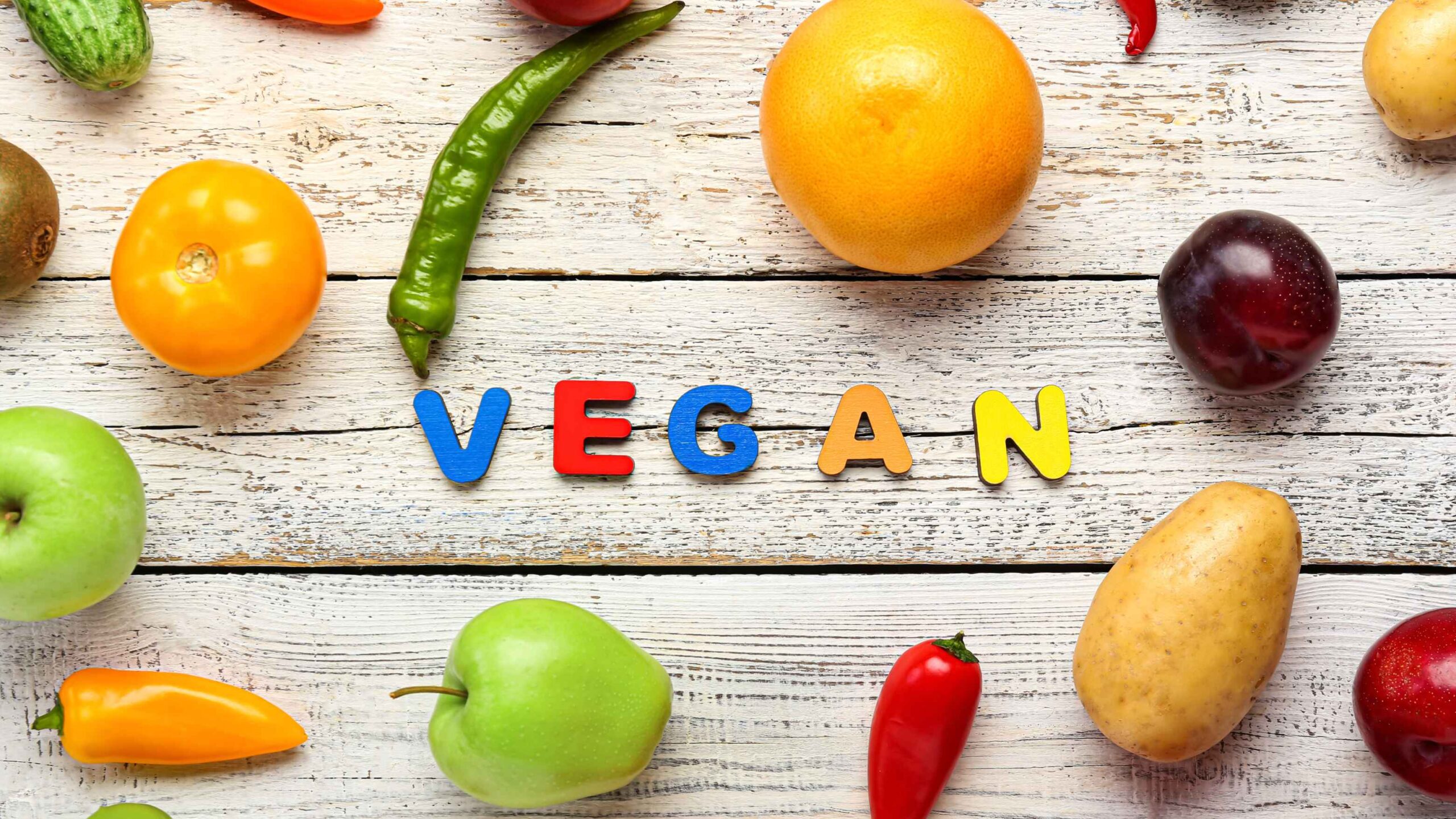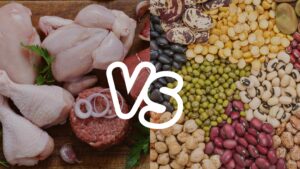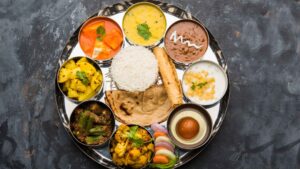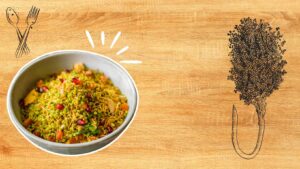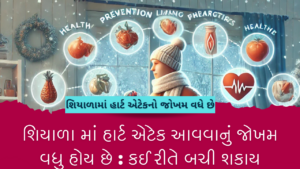— An Article by Poojan Patel
Today, as the world celebrates ‘World Vegan Day’ we thank our vegan friends because they leave the meat for us! (Just Kidding) Veganism or Vegan food is highly misappropriated after its indulgence in the main staple diet, although westerners have been introducing this as a new concept in urban lifestyle, we Indians have already adapted this in our balanced diet for centuries…
How? is the question, if it was already there, why there are so fancy options and why people still are not considering the Indian dishes options! This is a Western impact but if we talk about the Vegan food in the Indian diet, there are many myths surfacing and hence, not allowing us to recognize the nutrition we get from the Vegan diet.
Veganism, a lifestyle characterized by the exclusion of animal products, has gained momentum in recent years. However, with popularity comes misinformation that we all have seen or heard. This World Vegan Day let’s dissect some of these common myths surrounding veganism and unveil the scientific truths.
Only Meat Can Provide Protein
Despite the persistent belief that plant-based diets lack protein, my research into the vegan lifestyle has illuminated a different reality. A well-balanced vegan diet can effortlessly meet protein requirements. Legumes, tofu, tempeh, quinoa, and an assortment of nuts serve as excellent protein sources. Not only that, but many plant foods offer a diverse range of amino acids, contributing not only to my protein intake but also to my overall health.
Protein is an essential macronutrient that plays a vital role in many bodily functions, including building and repairing tissues, producing hormones and enzymes, and supporting the immune system. The recommended daily intake of protein for adults is 0.8 grams per kilogram of body weight.
There are many excellent plant-based sources of protein, including:
- Legumes: lentils, beans, peas, peanuts
- Soy products: tofu, tempeh, edamame
- Grains: quinoa, oats, brown rice
- Nuts: almonds, walnuts, cashews, pistachios
- Seeds: chia seeds, hemp seeds, flaxseeds
These foods are all rich in a variety of amino acids, which are the building blocks of protein. Additionally, many plant-based foods are also good sources of other important nutrients, such as iron, zinc, calcium, and vitamins B12 and D.
Here are some additional benefits of consuming plant-based protein:
- Plant-based protein sources are typically lower in calories and saturated fat than animal protein sources.
- Plant-based protein sources are a good source of fiber, which can help with digestion and weight management.
- Plant-based protein sources are often more affordable than animal protein sources.
- Consuming plant-based protein is better for the environment than consuming animal protein.
Vegan Diet? No Nutrition!
We have all heard this argument that vegans lack the essential nutrients but vegans can obtain all necessary nutrients through careful planning. Vitamin B12, primarily found in animal products, can be obtained through supplements or fortified foods. Iron, calcium, and omega-3 fatty acids are abundantly present in plant sources like leafy greens, legumes, and flaxseeds.
Other important nutrients for vegans to consider include zinc, iodine, and selenium. These nutrients can be obtained from a variety of plant-based foods, such as whole grains, nuts, seeds, and leafy green vegetables. Additionally, vegans can eat fortified foods or take supplements to ensure that they are getting enough of these important nutrients.
Veganism is Paisa-Paisa
Contrary to the assumption that veganism is a pricey lifestyle, my personal experience tells a different story. While some vegan specialty products can be a bit steep, a basic vegan diet can be remarkably budget-friendly. Staples like beans, rice, vegetables, and fruits are often more affordable than meat and dairy. This holds especially true in India, where plant-centric, locally sourced ingredients form the heart of the cuisine. Debunking the myth of veganism as a privilege allows us to appreciate the affordability, availability, and richness of plant-based living in the diverse tapestry of Indian cuisine.
Just A Diet & Not A Lifestyle
As someone who is trying to be vegan, I’ve come to understand that while a vegan diet is a significant aspect, veganism transcends food choices. It’s a lifestyle aiming to minimize harm to animals, encompassing clothing, cosmetics, and products tested on animals. Veganism embodies a holistic approach to compassionate living.
Tasteless? Plant-Based Diets are Bland and Boring
Having explored various vegan culinary delights, I can attest that vegan cuisine is anything but bland and boring. With an array of herbs, spices, and innovative cooking techniques, vegan dishes can be as delicious, if not more so, than their non-vegan counterparts. The culinary world continually evolves to cater to diverse dietary preferences.
Here’s a list of tasty and delicious vegan Indian dishes:
- Chana Masala
- Baingan Bharta
- Aloo Gobi
- Rajma
- Masoor Dal
- Vegetable Biryani
- Palak (Spinach) Tofu Curry
- Bhindi (Okra) Masala
- Kalaadi
- Pani Puri (Golgappa)
- Coconut Chutney
- Jalebi
- Tofu Tikka Masala
- Tamarind Rice (Puliyodarai)
- Samosa
- Bisi Bele Bath
- Cauliflower Manchurian
- Aloo Tikki
- Kofta Curry
- Mushroom Pulao
- Chole (Chickpea) Bhature
- Vegetable Upma
Veganism is Unhealthy for Children and Pregnant Women
With proper planning, vegan diets can be suitable for all life stages, including pregnancy and childhood. Nutrient-dense plant foods offer the essential vitamins and minerals needed for healthy development. Consulting with a healthcare professional can help ensure proper nutrition.
Veganism, when approached with knowledge and care, can be a wholesome and nutritionally adequate choice for pregnant women and children. The focus should be on incorporating a variety of plant foods to ensure a well-rounded intake of essential nutrients. Consulting with healthcare professionals who understand the intricacies of plant-based nutrition is a prudent step to address individual needs and ensure a healthy and thriving pregnancy or childhood on a vegan diet. Ultimately, a well-balanced and thoughtfully planned vegan lifestyle can support the health and well-being of both mothers and children.
Vegan Agriculture Harms the Environment
While no diet is entirely impact-free, studies show that plant-based diets generally have a lower environmental footprint compared to omnivorous diets. Animal agriculture is a significant contributor to deforestation and greenhouse gas emissions. Choosing plant-based options can contribute to a more sustainable and eco-friendly lifestyle.
Separating fact from fiction is crucial in understanding the true nature of veganism. As this lifestyle continues to grow, dispelling myths becomes paramount in fostering informed decisions and encouraging a more compassionate and sustainable world. Embracing a vegan lifestyle is not about limitations but about embracing a new world of possibilities, both for personal health and the well-being of the planet.

